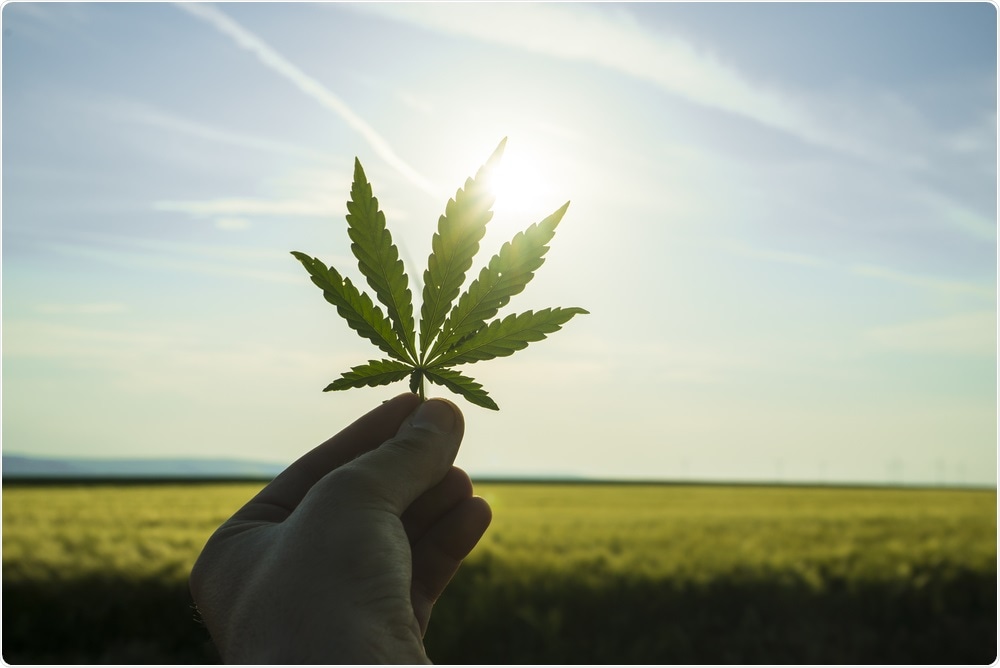It is well established that specific lifestyle choices, such as smoking and diet, as well as environmental factors or diseases, can modify the epigenome. With the legalization of cannabis in many US states, we explore the epigenetic effects of cannabis, cannabis-derived products, and alcohol.
 Oprea George | Shutterstock
Oprea George | Shutterstock
Does cannabis cause epigenetic changes?
Within the brain, the endocannabinoid system regulates cannabinoid receptors and their endogenous lipid ligands to perform various regulatory functions in the body.
The endocannabinoid system is primarily found within the cerebral cortex, basal ganglia and limbic structures of the brain. When the receptors and proteins of the endocannabinoid system are activated, the effects are similar to that which is seen following exposure to tetrahydrocannabinol (THC), which is one of the main active compounds of cannabis.
Various epigenetic alterations have been postulated to occur following exposure to certain cannabinoids. For example, THC has been associated with causing epigenetic alterations to several gene bodies including H3K4me3, H4K9me2, H3K27me3, which are known to cause genome-wide alterations to histones as a result of dysregulated genes and non-coding RNAs. These specific biomarkers are associated with the expression of certain gene promoters; therefore, alterations to these molecules suggests further downstream gene alteration effects.
THC exposure has also been associated with the hypermethylation of CpG islands in DNA, as well as altering mRNA and miRNA expression profiles. THC exposure has also been associated with significantly reducing the expression of Brca2, which is a tumor suppressor gene, Rorc, Tbx-21, IFN and IL-2 promoters, whereas the expression of IL-4, IL-5 and CBX-2 promoters were found to increase following THC exposure.
Does alcohol affect the epigenome?
It is widely understood that exposure to alcohol at younger ages, particularly during adolescence, can lead to more apparent neurological and psychological effects. Adolescent exposure to alcohol has been shown to induce histone modifications and impair normal DNA methylation pathways.
An increased release of the enzyme hippocampal histone deacetylase (HDAC) has also been shown to occur following intermittent alcohol exposure. Increased HDAC secretion is associated with a reduction in binding protein CREB, histone H3K9 acetylation, as well as brain-derived neurotropic protein (BDNF), which plays an important role in maintaining neuroplasticity and nerve growth factor levels.
Several animal studies have demonstrated that the epigenetic alterations caused by alcohol exposure can be genetically inherited. For example, alterations in the expression of both endocrine-neuronal related genes and immune-related genes can persist for up to three generations.
A renewed research interest
Although alcohol has been legalized for several decades now, the increased legalization of cannabis for both medical and recreational purposes has stimulated a renewed interest in the epigenetic effects of exposure to these chemicals, when used both separately and in combination.
Source:
Dobs, Y. E., & Ali, M. M. (2019). The epigenetic modulation of alcohol/ethanol and cannabis exposure/co-exposure during different stages. Open Biology 9. DOI: 10.1098/rsob.180115.